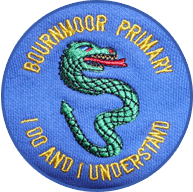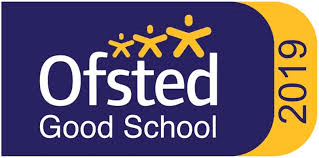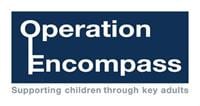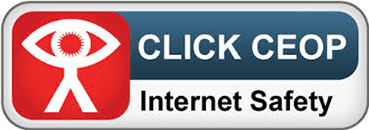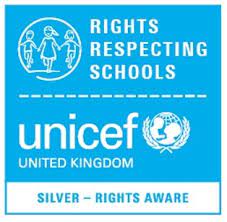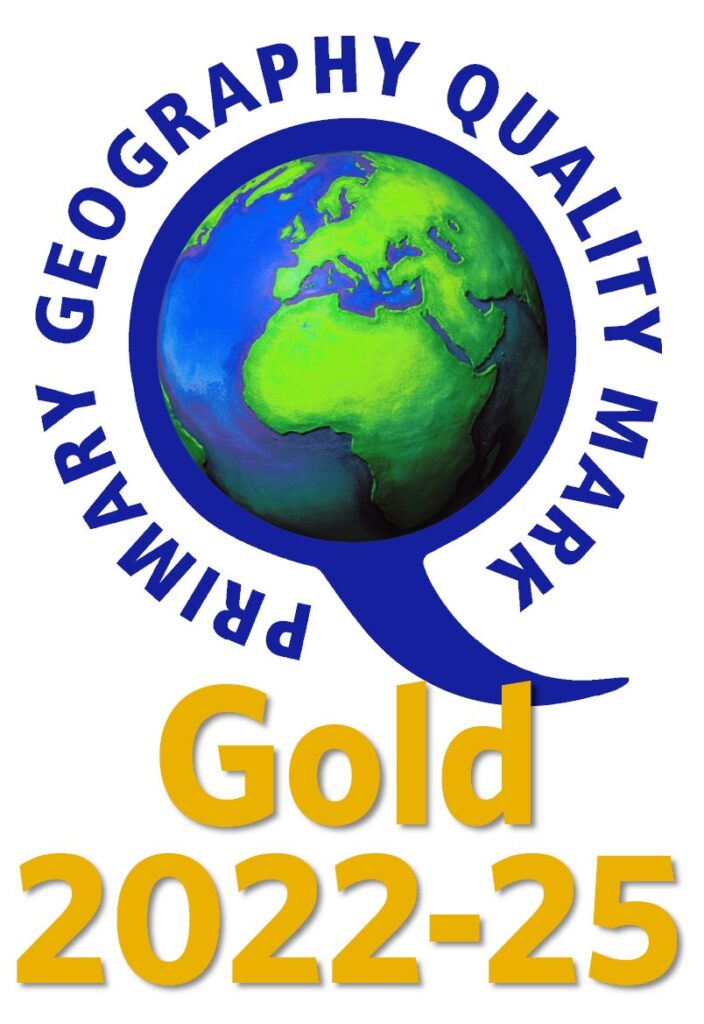Social, Moral, Spiritual and Cultural
We view Spiritual, Moral, Social and Cultural (SMSC) understanding as a core principle behind our school’s ethos. SMSC understanding is what allows our school to be inclusive for all children and staff. We believe that a child’s development in SMSC will continually grow from Nursery to Year 6 as children’s experiences increase. We ensure this by making links throughout the curriculum by taking part in charity events, meaningful discussions, creating an awareness of our community and acknowledging diversity as a strength.
At Bournmoor Primary School social, moral, spiritual and cultural issues are promoted through a wide range of activities, trips, visits and visitors. Pupils are able to experience first-hand many of the aspects e.g. democracy through voting for school council, cultural through learning about the world, moral through our PSHE work and assemblies and spiritual through our RE curriculum and visits to places of worship. A strong provision for the development of SMSC is crucial for the wellbeing and development of children. The overall aim of SMSC development for children is to prepare them to participate fully and contribute positively to life in modern 21st century Britain. Pupils should be able to develop their knowledge, self-esteem, resilience, character and self-confidence. Therefore, SMSC provision in schools is important for each individual child, the local community and society as a whole.
Spiritual Development
We help to develop empathy, respect and understanding for other peoples’ beliefs, values, feelings and experiences. We do this through shared worship, Religious Education (RE) lessons and maintaining a strong link with our local Church (St Barnabas), whilst recognising that in Britain we are diverse. We focus on children’s respect for others by inviting ‘If You Care, Share’ into school and learning about different faiths, for example.
Moral Development
We develop respect through our class charters across the school. At the beginning of the academic year, each class discuss and create their own classroom rules. These are signed and displayed in the class and referred to as part of our behaviour management strategy. A key aspect of this is the positive ‘peg’ behaviour system in each class that illustrates for the children how they are or are not fulfilling their moral duty.
Social Development
Teamwork is a core value that we teach in school by learning how to co-operate both in and outside of the classroom environment. Within the classroom, pupils have opportunities to work with peers or even children from different year groups. This is supported by the whole school approach to growth mind-set that teaches children to embrace challenge and learn from mistakes by being resilient. Outside of the classroom environment, during break and lunch times, we continue our charter to support children in resolving conflicts and engaging them in play activities.
Cultural Development
We help children to understand what is meant by culture by enabling pupils to appreciate the wide range of cultural influences that have shaped their lives and the lives of others. We develop their understanding of the cultures represented in Europe and elsewhere in the world so as adults they are comfortable in a variety of cultures and of shared experiences provided by television, travel and the internet. Promoting pupils’ cultural development is linked with our school’s bid to value cultural diversity and to prevent racism.
Click on our Social, Moral, Spiritual and Cultural Grid to find out more about how we promote SMSC in our school:
